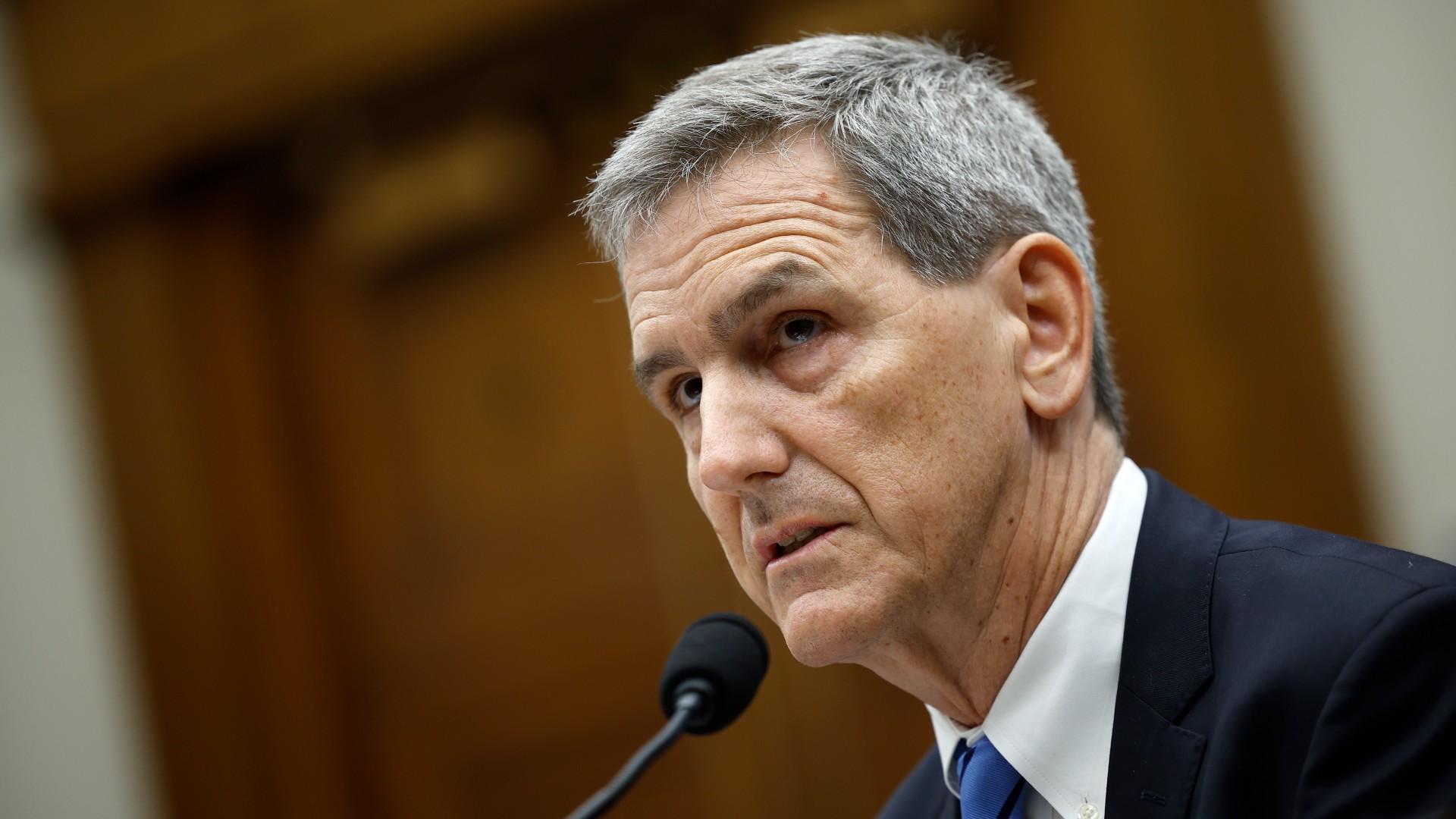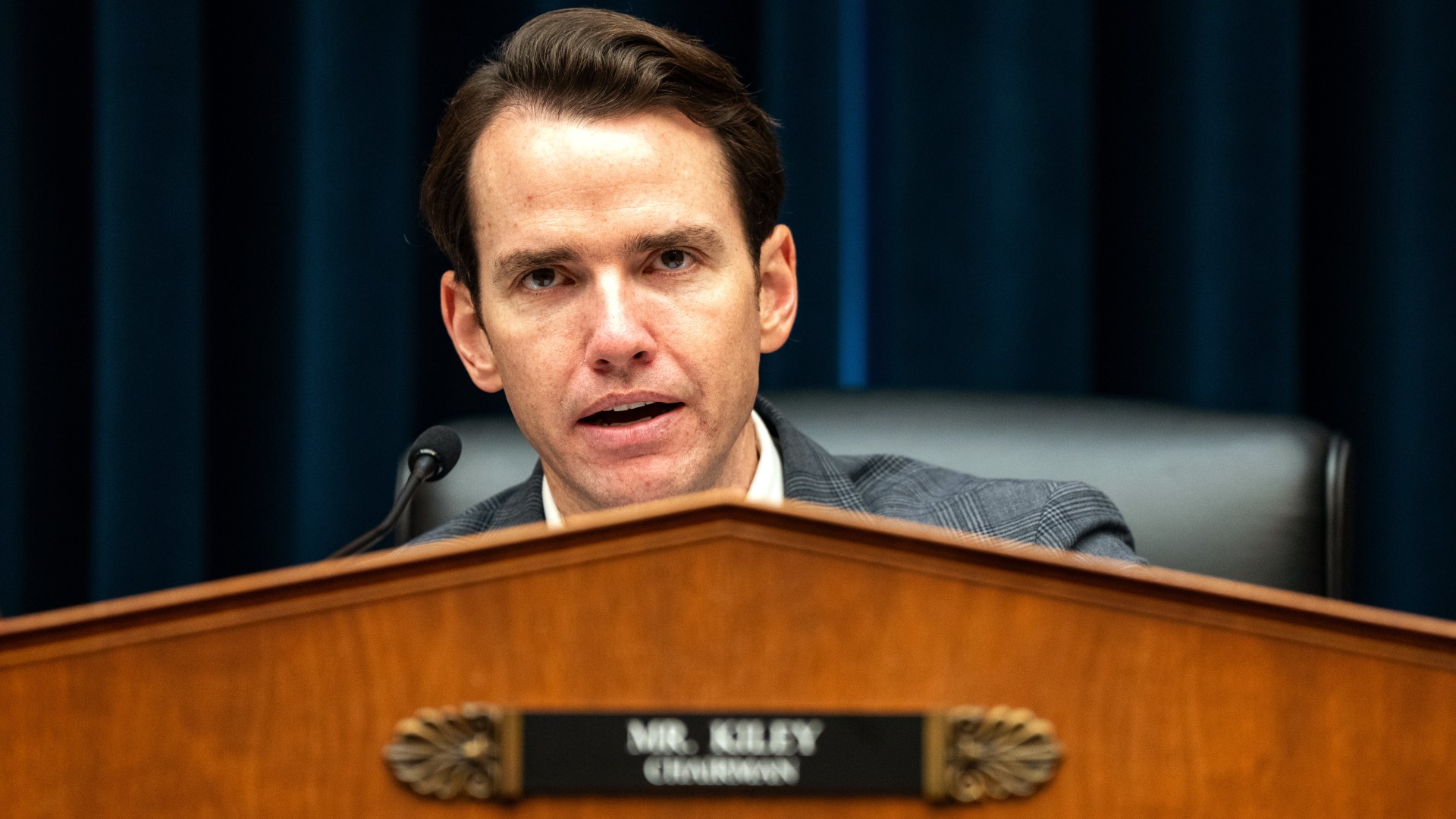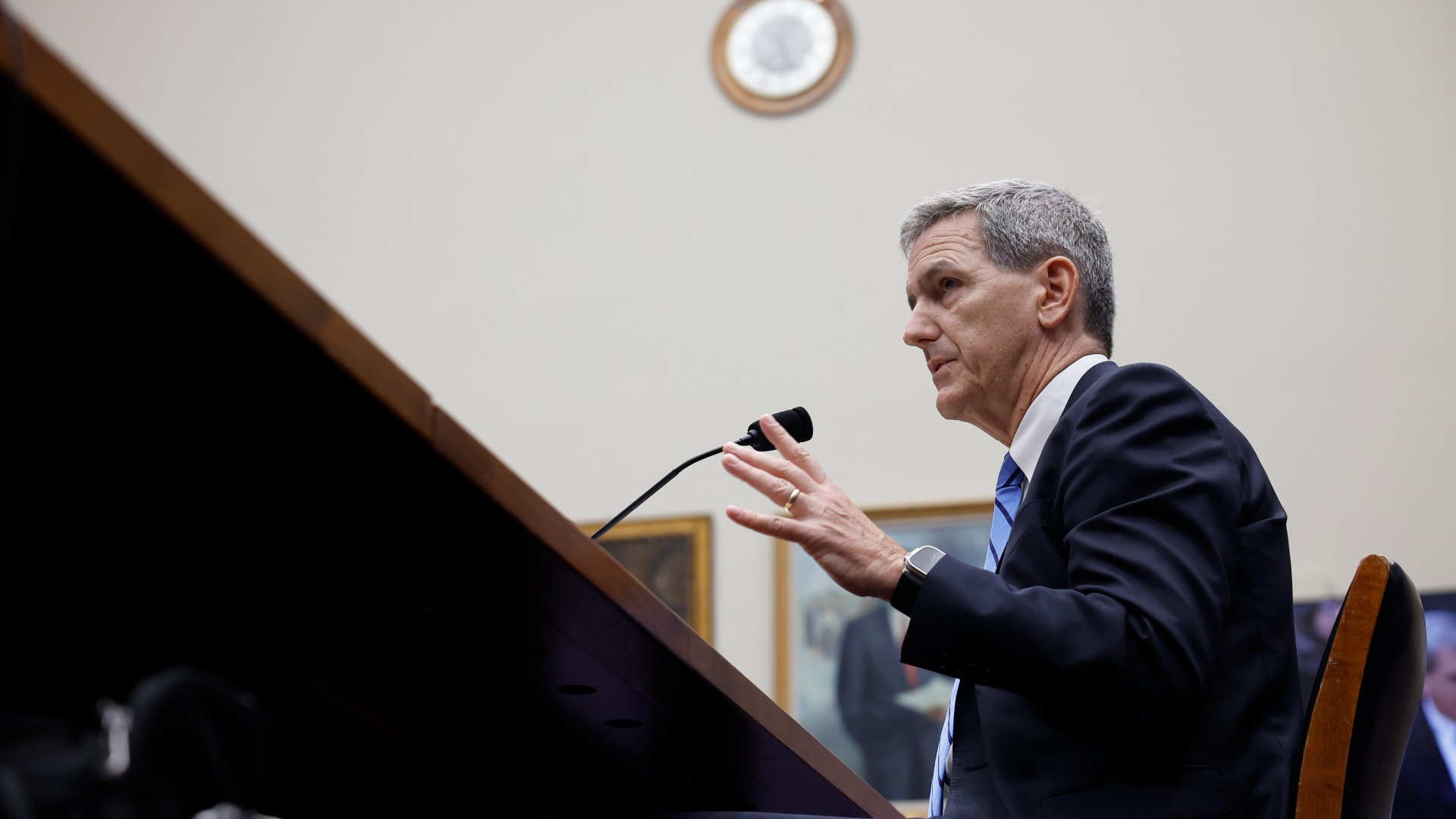
SpaceX continues to engage the U.S. Federal Aviation Administration (FAA) in a heated and very public debate over launch licensing and alleged violations.
Earlier this month, the FAA announced that it planned to fine SpaceX a total of $630,000 for violations stemming from two launches in 2023. SpaceX fired back with a letter to the U.S. Congress contesting the fines, arguing that the two alleged infractions were frivolous and should not be viewed as violations at all. In addition to the letter, SpaceX founder and CEO Elon Musk said in a post on X, the social media company he owns, that his company intendeds to sue the FAA for "regulatory overreach."
Now, following congressional testimony from FAA Administrator Michael Whitaker on Tuesday (Sept. 24) that touched upon the agency's fines and its delays in licensing the fifth test flight of SpaceX's giant new Starship rocket, Musk has ramped up the rhetoric against the FAA, posting to X that Whitaker "needs to resign."
He needs to resign https://t.co/pG8htfTYHbSeptember 25, 2024
Whitaker testified in front of the United States House Committee on Transportation and Infrastructure Subcommittee on Aviation on Tuesday about the FAA's oversight of Boeing's manufacturing systems following multiple fatal airline disasters and doors flying off of airplanes mid-flight, amid other aviation incidents.
Following Whitaker's testimony, Rep. Kevin Kiley (R-CA) brought up the issues that plagued Boeing's new Starliner spacecraft during its first-ever crewed flight, which ended in the vehicle returning to Earth without its crew earlier this month. A SpaceX Crew Dragon will now bring the two Starliner astronauts home in February, after their planned 10-day mission to the International Space Station turned into an eight-month odyssey.
Kiley told the FAA chief that Starliner's poor performance has "put in sharp relief an issue that many have raised regarding, perhaps, the undue scrutiny that [the] agency is giving to SpaceX" concerning the fines the agency proposed against the company.
"So I think safety is in the public interest, and that's our primary focus," Whitaker replied, adding that fines are "the only tool we have to get compliance on safety matters."

Kiley then asked about the delays in the FAA's licensing process for the fifth flight test of Starship, which SpaceX is developing to help get people to the moon and Mars. SpaceX claims the vehicle has been ready to fly since early August, but the FAA says that its licensing reviews likely won't be done until late November.
"Are you saying that the delay of Starship is for safety reasons?" Kiley asked the FAA administrator.
"It is. I think launching these rockets is a safety issue under the NAS," Whitaker replied, referring to the National Airspace System, America's controlled and uncontrolled airspaces over both land and sea. "And I think it's a situation that requires the same level of safety management and safety culture that we're working to implement at Boeing — [it] needs to also exist with commercial space," the FAA head added.
Whitaker then stated that the delay in approving Starship's fifth launch stemmed from the company's failure to provide an updated sonic boom analysis within the designated timeframe, which added 30 more days to the FAA's process. Additionally, Whitaker said SpaceX failed to comply with Texas law. SpaceX previously published a blog post about this specific delay, claiming that it was "driven by superfluous environmental analysis."

Following Whitaker's testimony on Tuesday, SpaceX published another letter, this time addressed directly to Rep. Kiley. In the letter, the company argues that neither of the two items Whitaker referred to have anything to do with public safety, but instead are about "environmental considerations that had been previously evaluated as posing no risk to the environment." The letter goes on to argue that Whitaker's statement that SpaceX violated Texas law "is simply wrong."
"SpaceX did not violate state law — SpaceX had a permit for deluge operations from Texas Commission on Environmental Quality (TCEQ). It is deeply concerning that the Administrator does not appear to have accurate information immediately available to him with respect to SpaceX licensing matters," the letter continues.
Starship consists of two vehicles, both of which are designed to be rapidly reusable: a 233-foot-tall (71 meters) booster called Super Heavy, and the 165-foot (50 m) upper stage, known as Starship or Ship for short.
The fully stacked Starship vehicle towers toward the sky at 400 feet (122 m). SpaceX aims to use Starship to help humankind reach the moon and Mars, in addition to helping loft the company's Starlink internet satellites and more.
Starship has flown on four test flights to date, the most recent of which was in June 2024. On that flight, the upper stage reached orbital velocity and survived a stunning reentry through Earth's atmosphere.







